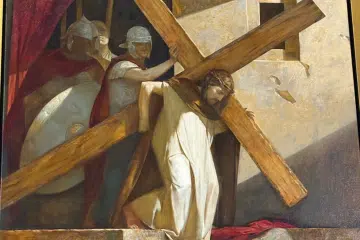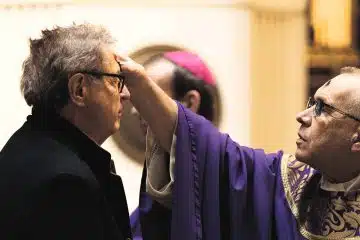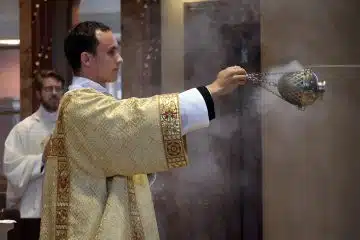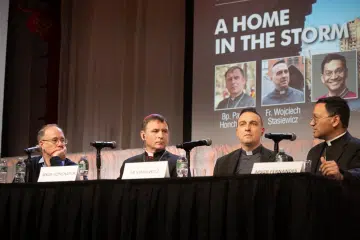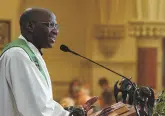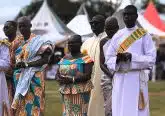“How to Become a Missioner,”
As my wife and I were discerning family lay missionary work, we heard that professor Dr. Otto Maduro of Venezuela asked new recruits, “Who among you wants to become a lay missioner because you want to go to another country to help the people? Please raise your hand. Okay, those who raised your hands, please think about staying home.”
Why on earth would he say such a thing? Doesn’t the gospel call us to help others in need?
I think Professor Maduro’s challenge communicated this: “Helping” often conveys a sense of asymmetry. We from North America seemingly “have it all together” and stand ready to “help you poor and needy people.” Instead, a missionary should live less from a position of having and giving and more from a position of entering into a mutual journey of faith, of connection and of seeking dignity for all.
Often presented during missionary training, Australian Aboriginal leader Lilla Watson’s famous quote aptly conveys this: “If you have come to help me, you are wasting your time. But if you have come because your liberation is tied up with mine, then let us walk together.”
“To become a missionary” one remembers that God existed in that country before you arrived, and thus enters missionary vocation with a humble, seeking-to-learn attitude. Today’s training programs urge respect for the strength and resiliency of people who have been systematically and historically oppressed and diminished. Missioners must choose an openness to potentially new ways of thinking about the world, our faith, God, history, culture, social systems, theology and Sacred Scriptures.
I personally came to understand the importance of humbleness after learning/serving in downtown Cincinnati’s Over-the-Rhine area, in Honduras’ mountains then with my family in Venezuela. Those experiences were—and still are—challenging for me. Living among peasants and missioners who were often treated poorly —and sometimes killed—certainly provided a different perspective on social, political and economic issues. And that especially affected my understanding of Scripture and my relationship with Jesus and His suffering brothers and sisters.
With that essential background in mind, here are key questions I gathered from various missioner friend-trainers to help others discern short- or long-term missionary service:
Where do you start?
- Have you spoken about your interest with former or current missioners or volunteers? The Mission Office provides contacts for many local missionary organizations, including Glenmary, Comboni, Precious Blood, Sisters of Notre Dame de Namur, Franciscans, Jesuits, Marianist and Maryknoll.
- Have you visited websites that list mission organizations with their goals, types of placements, service areas and length of service? I highly recommend: catholicvolunteernetwork.org/begin
- Have you read the short book, What is the Mission of the Church? A Guide of Catholics, by Father Roger P. Schroeder? (Available on-line at Amazon, GoodReads, and elsewhere.)
- Do you have a trusted mentor, teacher or spiritual counselor to help your discernment process? Ideally they have mission or cross-cultural experience; local missionary organizations can assist as well.
- What have you prayerfully read, studied, reflected on and journaled about concerning the following questions?
- How do you define a “missionary” for today and explain their role in today’s world?
- Why do you seek missionary work? What makes you think this is your path to take?
- How do you humbly describe your relationship with God, Jesus, the Church and others?
- What do you expect the experience will look like? What are the biggest obstacles?
- What do your family, friends and spiritual director say about your interest in missionary efforts?
- How do you currently serve at your church, and have you worked in any cross-cultural ministries?
- How are you a good listener? How do you deal with conflict and change? Are you willing to live simply?
- How is the fundamental mission quality of “vulnerability” an asset to you, such that it permits your participation with the weak, poor and oppressed?
- How do you relate to others and live in community with others? This is a key challenge.
- What are your strengths? Weaknesses? What skills do you have to offer?
- As you study the wide range of missionary programs, ask them:
- What kinds of insurance, training, physical support, spiritual support, stipend, benefits, placement, application process and other services do they offer during missions and upon your return? What types of work and vocations did former volunteers go on to do?
If the Mission Office can be of service to you, please let me know: [email protected]
God bless your discernment!


